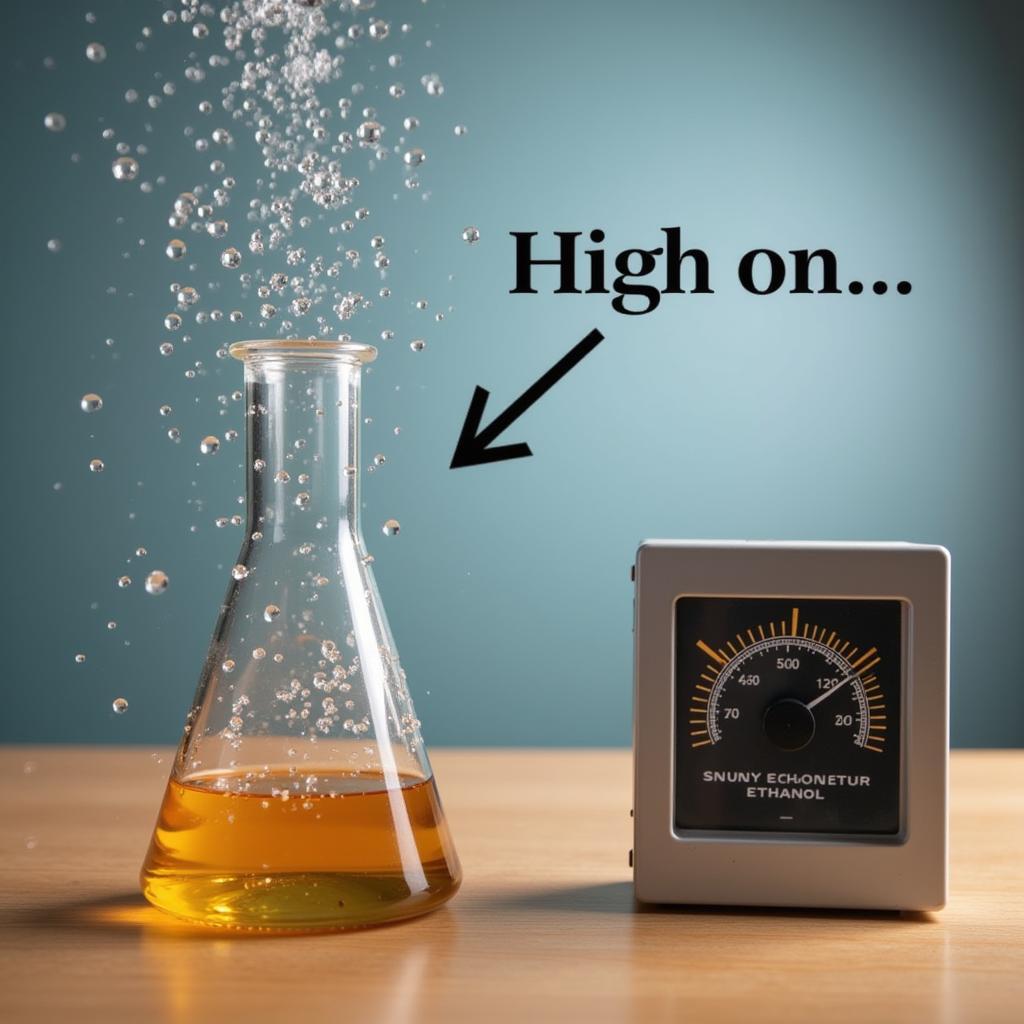Ethanol-free gasoline has gained popularity among certain groups, particularly those with small engines or classic cars. But does ethanol-free gas need stabilizer? Let’s dive into the reasons why fuel stabilizers are used, the impact of ethanol on gasoline, and whether ethanol-free fuel truly benefits from stabilization.
Understanding Fuel Stabilizers
Fuel stabilizers are chemical additives designed to prevent gasoline from oxidizing and breaking down. This degradation can lead to gum and varnish formation, which can clog fuel lines and carburetors, ultimately hindering engine performance. So, why does gasoline degrade? Several factors contribute, including exposure to oxygen, heat, and time.
Why Gasoline Degrades Over Time
Gasoline is a complex mixture of hydrocarbons, and these compounds are inherently unstable. Over time, they react with oxygen in the air, a process called oxidation. This reaction produces undesirable byproducts like gum and varnish. Heat accelerates this process, making storage in hot conditions particularly problematic.
Ethanol’s Role in Gasoline
Ethanol, a biofuel often blended with gasoline, has its own set of pros and cons. While it can boost octane rating and reduce emissions, it also attracts water. This hygroscopic nature can lead to phase separation, where the ethanol and water mixture separates from the gasoline, causing performance issues and potential engine damage.
The Hygroscopic Nature of Ethanol
Ethanol’s ability to absorb water from the atmosphere can create problems, especially in humid climates. This absorbed water can lead to corrosion in fuel systems and contribute to the growth of microorganisms.
 Ethanol Absorbing Water from the Atmosphere
Ethanol Absorbing Water from the Atmosphere
Ethanol-Free Gas: Does it Really Need Stabilizer?
While ethanol-free gas avoids the water absorption issues associated with ethanol blends, it is still susceptible to oxidation. Therefore, even without ethanol, gasoline can still degrade, although typically at a slower rate. So, does ethanol-free gas need stabilizer? The answer is: it depends.
Short-Term vs. Long-Term Storage
For short-term storage (less than three months), ethanol-free gas is generally stable enough without a stabilizer, especially if stored in a cool, dry place. However, for long-term storage (more than three months), using a fuel stabilizer is highly recommended to prevent oxidation and maintain fuel quality.
Factors Affecting Ethanol-Free Gas Stability
Several factors influence the stability of ethanol-free gas, including storage temperature, the quality of the fuel itself, and the presence of any contaminants. Storing fuel in airtight containers in a cool environment minimizes the risk of oxidation.
“While ethanol-free gasoline is less prone to some issues, it’s still important to remember it’s a perishable product,” says Dr. Emily Carter, a chemical engineer specializing in fuel stability. “Proper storage and the use of a stabilizer, especially for longer periods, can significantly extend its lifespan and protect your engine.”
Conclusion
Ethanol-free gas, while not immune to degradation, generally requires less frequent stabilizer use compared to ethanol-blended fuels. However, for long-term storage, a fuel stabilizer is still a wise investment to protect your engine and maintain fuel quality. By understanding the factors influencing fuel stability, you can make informed decisions about whether and when to use a stabilizer in your ethanol-free gasoline.
FAQ
- What is the shelf life of ethanol-free gas?
- Can I mix ethanol-free gas with regular gas?
- Are there different types of fuel stabilizers?
- How do I know if my fuel has gone bad?
- Is ethanol-free gas better for my small engine?
- How much fuel stabilizer should I use?
- Where can I buy ethanol-free gas?
“Using a quality fuel stabilizer provides peace of mind, knowing your fuel will be ready to go when you need it,” adds Dr. Carter. “It’s a small investment that can save you from costly repairs down the road.”
Need further assistance? Contact us at Phone Number: 0972669017, Email: [email protected], or visit our address at 142 Tran Nhan Tong, Yen Thanh, Uong Bi, Quang Ninh, Vietnam. We have a 24/7 customer service team.